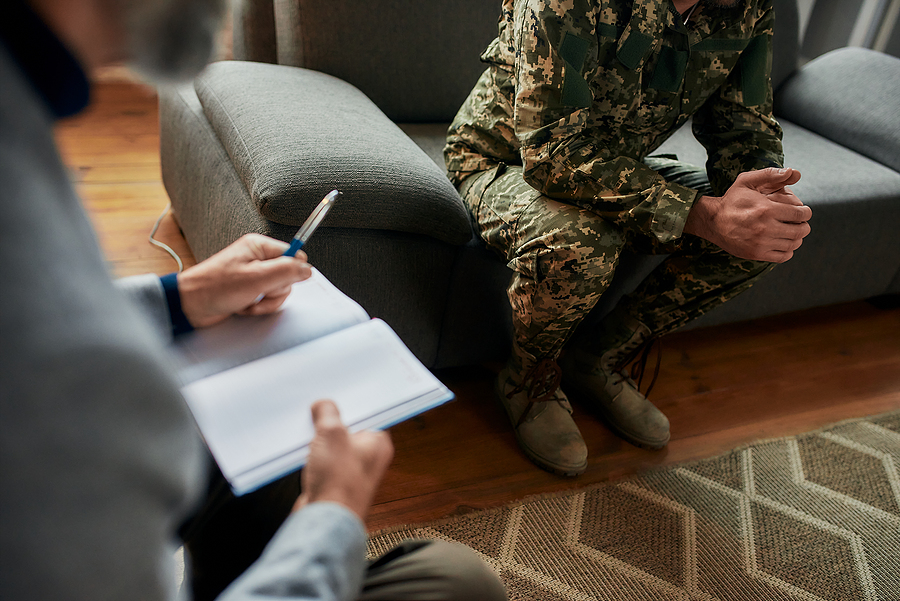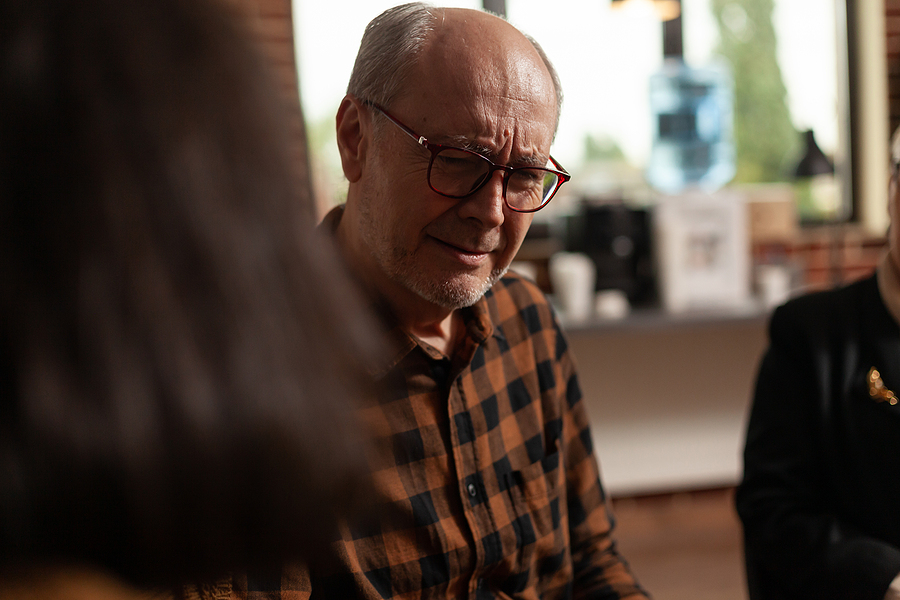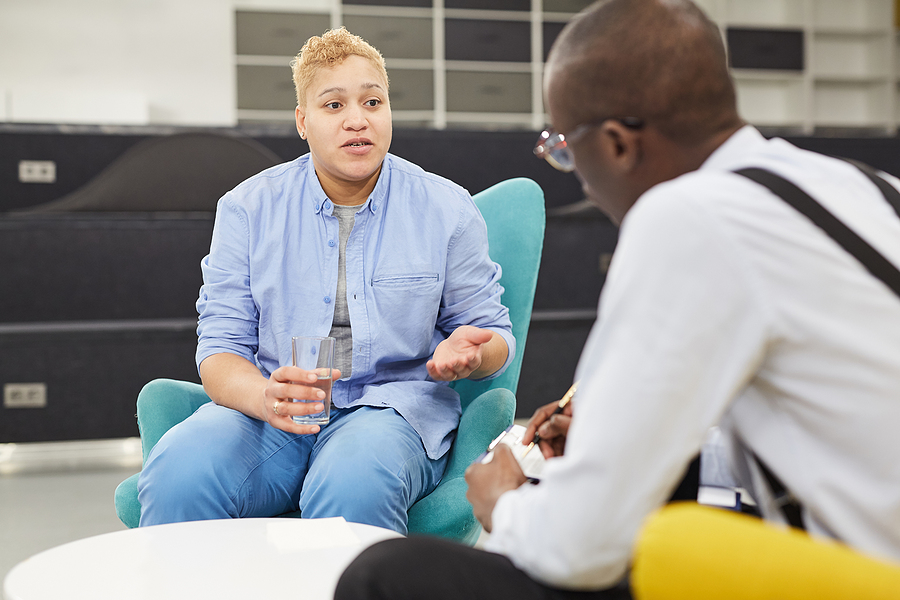Many veterans face unique problems with substance use. Specialized drug rehabilitation programs for veterans give veterans the focused care they need for recovery. A strong program addresses more than general addiction treatment. It pays attention to the experiences of military service, the effects of combat, and the difficult shift into civilian life. Veterans need support that respects their background and treats the issues tied to service.
Veteran-Specific Support Services
Strong rehab programs include support services built for veterans. Veterans deal with issues that civilians often do not face. Many need guidance with the Department of Veterans Affairs system, VA health care, and access to a drug rehabilitation program for Veterans designed only for service members. A program that helps you understand benefits and connect to resources makes recovery easier to manage. Staff also need training to understand military culture. Veterans deserve care from professionals who respect the pressures of combat and service.
Support for veterans goes beyond treatment itself. Many need help with jobs, housing, or legal matters. Homeless veterans face an even steeper road. A program that links you to housing and employment services gives you stability, which makes sobriety more likely. Programs that ignore these needs leave veterans at risk of relapse. Real recovery involves more than breaking substance use. It requires a foundation that supports daily life after treatment.
Trauma-Informed Care Approaches
Combat leaves scars that reach beyond the battlefield. Many veterans turn to drugs or alcohol because trauma has shaped their lives. A program built on trauma-informed care gives you safety, trust, and a sense of control. This approach creates space where you can face your past without fear. Methods like Eye Movement Desensitization and Reprocessing and Cognitive Processing Therapy give veterans tools to handle trauma in practical ways.
Trauma often links directly to substance use. Post-traumatic stress disorder and depression affect many veterans, and both are connected with addiction. A program that addresses trauma and mental health together gives you a stronger chance at lasting recovery. Screening for trauma and building a treatment plan around it prevents relapse and builds real progress. Without trauma-informed care, treatment misses the roots of the problem. Veterans need programs that look deeper than symptoms and aim for full recovery.
Peer Support Among Veterans
A bond forms between veterans that no civilian can match. Peer support uses this bond to strengthen recovery. Veterans who sit in the same room understand combat, deployments, and the return to civilian life in ways others cannot. That shared ground removes barriers and makes trust easier. Peer groups provide a place where you can share openly and know others will understand.
Family Involvement in Recovery
Addiction never affects only one person. Families feel the strain as much as the veteran. Veteran rehab programs that bring family members into the process strengthen recovery. Family therapy teaches better communication, addresses long-standing issues, and shows relatives how to support sobriety without enabling substance use.
Long-Term Resources for Veterans
Recovery does not end once an addiction treatment center program finishes. Veterans need ongoing support to hold onto sobriety. A strong program sets you up with aftercare that reaches into the future. That support may include outpatient counseling, sober living arrangements, or community-based services. Veterans Affairs hospitals and clinics also provide substance use and mental health treatment. A program that connects you to those resources gives you a better chance to stay on track.
Schedule a Consultation with a Veteran Rehab Specialist
If you face substance use and military service forms part of your story, you do not need to face recovery on your own. Contact Serenity Treatment Centers of Louisiana at (225) 361-8445 to discuss affordable rehabilitation assistance. A consultation with a rehab specialist can guide you toward treatment designed for veterans. Specialists understand both the VA system and private resources. They help you find the right program, secure benefits, and build a plan that fits your needs.










